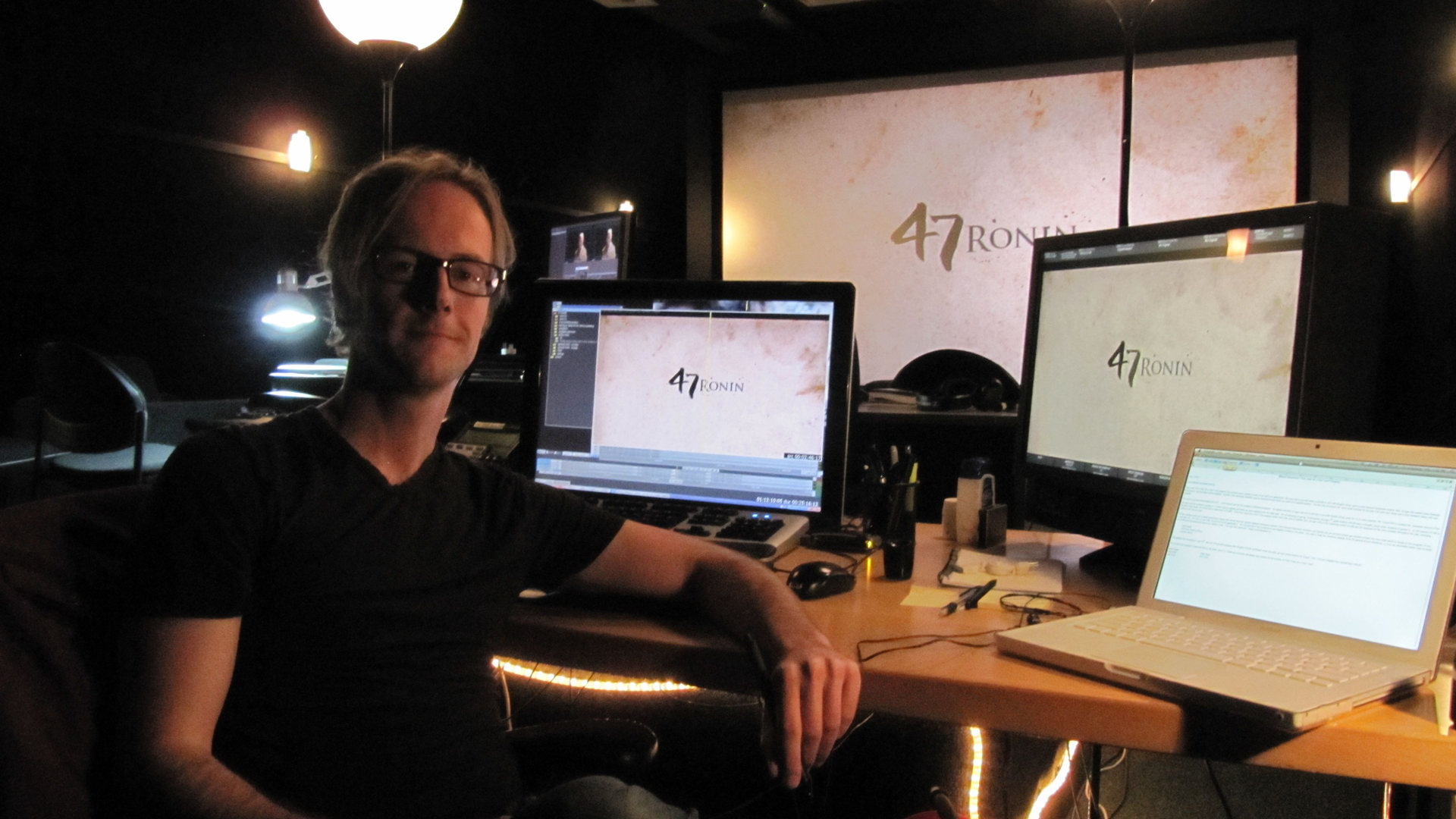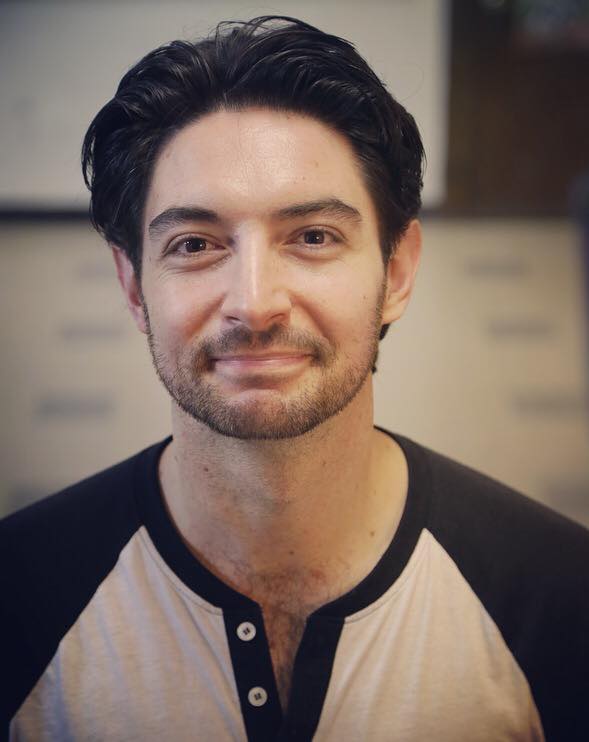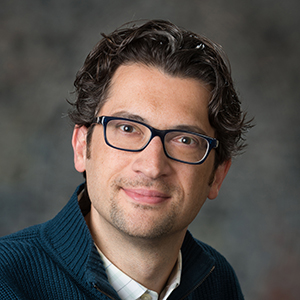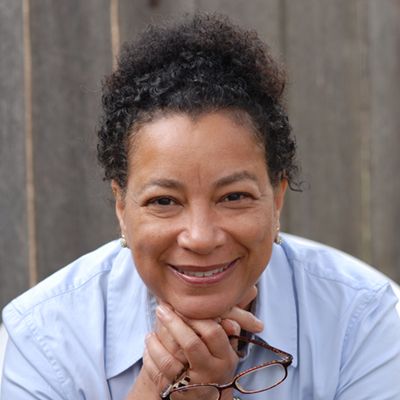The Film Studies Program in the Department of English at UNL spans multiple disciplines and offers an undergraduate major and minor as well as graduate work. The program aims to present the world of cinema in all its diverse forms—from the classical period to the contemporary moment, from Hollywood cinema to international traditions, and from a variety of historical, aesthetic, and critical approaches. We strive for our students to better understand the histories of cinema, to interpret the myriad films constituting these histories in more complex ways, to make film culture part of their lives as engaged citizens, and even to potentially create films of their own.
In this context, imaginative reasoning is crucial to our pedagogy, as we seek to teach students how to view and think about films not only from one’s own, culturally-situated, perspective but also and especially from the perspective of those who made the films and the cultures that informed them. Doing so requires that we employ empathetic understanding.
By training students in their ability to imagine with empathy why a given film was made, how it might have been viewed by its intended original audience, and what effects it might have had and still has on others whose experiences differ from ours, our Film Studies courses directly contribute to fostering the Department of English’s core values of engaging with a broad array of real and imagined communities and thereby, we hope, inspire students to affirm diversity, embrace the need to fight for social justice, and instill a desire for civic engagement.
Why Film Studies?
Film Studies is the exploration of film through cultural, theoretical, historical and critical lenses. Film history, genre, theory, and criticism help us investigate film as an art form, as popular culture, and as a major medium of communication.
Opportunities for Students

UNL Film Club
The UNL Film Club is a space for students, regardless of majors or affiliations, to have an open discourse about cinema and to meet other like-minded individuals, as well as introduce students to a broader array of films. Follow us on Instagram @UNLFILMCLUB for more information and content!
Castro Scholarship in Film Studies
The Libano Fabio Castro Scholarship in Film Studies is awarded to a junior or senior pursuing a major in Film Studies and a minor or major in any area of Ethnic Studies. The scholarship is in honor of Libano “Lee” Castro, who loved cinema all his life but could not afford to attend college until he retired in his 60s, when he took (and loved) a film studies course. Send your 2-page (maximum) self-nomination (brief description of your interest in Film Studies and Ethnic Studies and what the award would mean to you) to jbrunton2@unl.edu by February 15.
Douglas C. Beckwith Film Studies Excellence Award
The Beckwith Award, one of the Department of English’s annual writing contests, gives $500 for the best essay written by a Film Studies major or minor nominated by their Film Studies instructor. This award is named in honor of cinephile, lawyer, comedy writer, and UNL alum Dr. Douglas C. Beckwith, who grew up in Albion, NE and received his B.A. in English from UNL in 1973. His passion for film blossomed at UNL, and he was especially influenced by English professor emerita June Perry Levine, who taught the university’s first film studies course in 1970 and founded the Film Studies program.
Advising Resources
Careers in Film Studies
Our film studies alumni have gone on to succeed in numerous areas related to cinema. Here is just a sampling of those successes:
- Senior Vice President of Marketing, Disney Channels Worldwide
- Tenure-track faculty (professor) members at London School of Economics, York College, William Smith College, University of Texas at Austin, and Queens College, among others
- Librarian, UCLA Chicano Studies Research Center
- Director of the Albanian National Film Archive (AQSHF)
- Film Archivist, UCLA Film and TV Archive
- Production Manager, BuzzFeed Motion Pictures
- Co-Producer, Co-Executive Producer, and VP of Acquisitions & Development at Grindstone Entertainment Group (Lionsgate subsidiaries)
- Film Director, Bota (Armenian Entry for Best Foreign Language Film, 88th Academy Awards)
- Special Effects CGI Director for Steven Spielberg
- Producers of feature films, including Beast No More, Lords of Dogtown,
- Screenwriters for films and television series
- Location Director for television series – Shots Fired and Outcast on Fox and Cinemax
- CEO, Far From Everything Films – feature film production
- Sound Mixer
- Assistant Director
- Entertainment Reporter, Omaha World Herald
- Columnist, Omaha World-Herald
We are proud of our film studies majors’ and minors’ academic achievements and creative work. Past UNL Film Studies students have presented their films at the Cannes Film Festival, won fellowships for graduate study (such as the Leta Stetter Hollingworth Fellowship at Columbia University), and received Fulbright English Teaching Assistantships, among other honors.
Film Studies Faculty
James Lowell Brunton
Assistant Professor of Practice and Coordinator of Film Studies
Film and media studies, literary and critical theory, LGBT studies, creative writing, and poetry
Vietnamese experimental filmmaker Trinh T. Minh-ha is one of the artists whose work inspired me to study film. Her 1983 Reassemblage opened my eyes to the power of cinema to shake us loose from our ideas about film form and about how the world works, particularly with regard to colonialism. I also love introducing students to American experimental queer filmmakers Barbara Hammer and Cheryl Dunye, especially Dunye’s The Watermelon Woman (1996). On the narrative side, Dee Rees, Todd Haynes, and Isabel Sandoval are all remarkable for telling powerful stories through beautiful imagery and cinematography. I especially love Rees’ Pariah (2011), Haynes’ Carol (2015) and Far from Heaven (2002), and Sandoval’s Señorita (2011) and Lingua Franca (2019). I’m also a big fan of Italian filmmaker Luca Guadagnino (especially I Am Love from 2009) as well as the British director and screenwriter Andrew Haigh, whose Weekend (2011) is a superb exploration of queer relationships and politics.
Marco Abel
Willa Cather Professor of
English and Film Studies and Department Chair
Courtesy Appointment in Department of Communication Studies
Film studies, critical and literary theory, and contemporary American literature
In general, I love classic American Film Noir and the global crime-film tradition. But some specific films that mean a lot to me include, in (mostly) chronological order, Dziga Vertov’s Chelovek s kinoapparatom (Man with a Movie Camera, 1929), Fritz Lang’s M (1931), Vittorio De Sica’s Lardi di biciclette (Bicylce Thieves, 1948), Douglas Sirk’s All That Heaven Allows (1955),François Truffaut’s Les quatre cent coups (The 400 Blows, 1959), Michelangelo Antonioni’s L’Avventura (1960), Jean-Luc Godard’s Le Mépris (Contempt, 1963), Sergio Leone’s Once Upon a Time in the West (1968), Jean-Pierre Melville’s Le Cercle Rouge (The Red Circle, 1970), Rainer Werner Fassbinder’s Angst essen Seele auf (Ali: Fear Eats the Soul, 1974—this is based on Sirk’s film, as is Todd Haynes’s great Far From Heaven [2002]), Agnès Varda’s Sans toit ni loi (Vagabond, 1985), Stanley Kubrick’s Full Metal Jacket (1987), Spike Lee’s Do the Right Thing (1989), Martin Scorsese’s Taxi Driver (1976), Goodfellas (1990), and Casino (1995), Dominik Graf’s Die Sieger (The Invincibles, 1994), Michael Mann’s Heat (1995), the Cohen Brothers’ Fargo (1996), the Dardenne Brothers Rosetta (1999), Claire Denis’s Beau travail(1999), Pedro Almodóvar’s Todo sobre mi madre(All About My Mother, 1999), Wong-Kar Wai’s In the Mood for Love (2000), Sophia Coppola’s Lost in Translation (2003), Angela Schanelec’s Marseille (2004), Fabián Bielinsky’s El aura (Aura, 2005),Valeska Grisebach’s Sehnsucht (Longing, 2006), Christian Petzold’s Yella (2007), Koji Wakamatsu’s Jitsuroku Rengōsekigun Asama-Sansō e no Dōtei (United Red Army, 2007), Kelly Reichardt’s Wendy and Lucy (2008), Béla Tarr, A torinói ló (The Turin Horse, 2011), João Moreira Salles’s No Intenso Agora (In the Intense Now, 2017), and Céline Sciamma’s Portrait de la jeune fille en feu (Portrait of a Lady on Fire, 2019).
Kwakiutl Dreher
Associate Professor of English
African American literature (autobiography and contemporary literature to present), mass-marketed popular literature, film and visual culture
Devil in a Blue Dress starring Denzel Washington and Jennifer Beals; intrigued by the efforts made by a Black veteran returning to his community to find work; a remarkable film noir. Eve's Bayou starring Samuel L. Jackson and Lynn Whitfield; love the gothic elements and the conflict between sisters and how kept secrets can destroy a family. Equalizer 1 & 2 starring Denzel Washington, The Shooter starring Danny Glover and Mark Wahlberg; both films have remarkable fight scenes and dramatize cunning and precision. Absolute Power starring Clint Eastwood and Gene Hackman. A good solid murder mystery full of action.
Michael Page
Assistant Professor of Practice, Coordinator of Curriculum, and Laurus Faculty Advisor
Science fiction, 19th-century British literature and culture, British romanticism, and film studies
When I was a kid in the 1970s, there was a show on KMTV channel 3 in Omaha called Creature Feature, hosted by Dr. Sanguinary. Ever since, I've had a fondness for science fiction and horror films of both the classic/serious and schlocky variety. Some favorites of the former include 2001: A Space Odyssey (1968), Dr. Strangelove (1965), the original Planet of the Apes films (1968-1973), The Cabinet of Dr. Caligari (1919), James Whale's Frankenstein (1931) and Bride of Frankenstein (1935), and Hitchcock's The Birds (1963). For schlock, go to films include Zontar, the Thing from Venus (1966), The Giant Gila Monster (1959), and Manos: The Hands of Fate (1966), all three made in Texas, curiously enough. Otherwise, I enjoy all manner of films. Some that I've watched recently that I'll recommend: F.W. Murnau's Sunrise (1927), The Marx Brothers' Horse Feathers (1932), Hitchcock's Shadow of a Doubt (1943), Paul Newman's Sometimes a Great Notion (1971), and Spike Lee's Bamboozled (2000). And, lastly, David Lynch's The Elephant Man (1980) is deeply, deeply moving.
Featured Film Studies Alumni

Rebecca Jacobson
BA, 2002
Rebecca Jacobson is the public outreach coordinator for the National Institute of Science and Technology in Boulder, Colorado. Rebecca graduated from the University of Nebraska with degrees in English and Film Studies. While earning her degree, she began working as an intern at Nebraska Public Media, leading to a career in journalism covering science and technology. She has been a science writer and journalist for PBS, JILA, and the City of Denver.

Tom Cabela
Tom Cabela was one of the first Film Studies Majors at the University of Nebraska-Lincoln. After graduating in 2001, he completed the production program at USC and moved to Los Angeles, where he worked briefly for production designer Jennifer Williams. Williams introduced him to Oscar nominated editor Peter Honess, who soon hired Cabela as a Post Production Assistant.

Matt DeGroot
Matt DeGroot graduated from the University of Nebraska-Lincoln in 2006 with a major in film studies. He went on to earn his Masters in Media and Public Affairs from the George Washington University in Washington, D.C., and spent time working for a public relations and production company in the area. He is now a Production Manager at BuzzFeed Motion Pictures, where he finds himself functioning as a jack of all trades.

Will Fech
BA, 2008
After a Rocky Mountain upbringing in Cody, Wyoming, Will Fech received a BA in English and Film Studies from the University of Nebraska–Lincoln (2008), an MLitt in European Cinema from the University of Glasgow (2011), and an MA in English from Oregon State University (2013). Presently he is a Ph.D. candidate in Film and Moving Image Studies at the Mel Hoppenheim School of Cinema at Concordia University in Montreal, Quebec, where he healthily obsesses over global art film, exhibition, and pedagogy.




